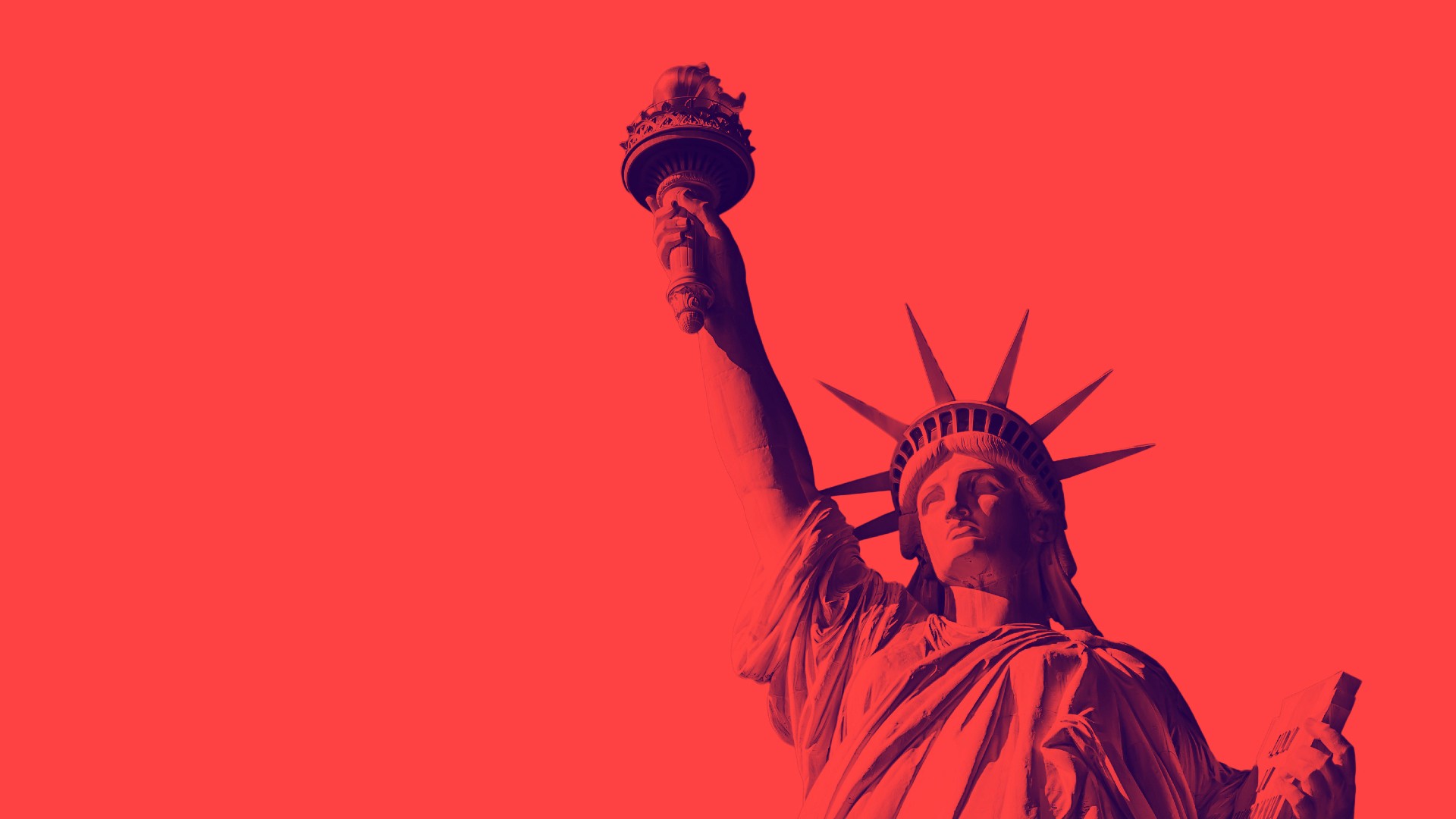Banning meat from one’s diet has been hailed as essential for everything from lowering cholesterol to lowering emissions. But, as the famed nutritionist explains, the vegetarian movement is not without its potential dangers and dubious beliefs.
uestion: Is vegetarianism healthier than a carnivorous diet?
Marion Nestle: I think that a healthy diet has small amounts of meat. You can be a vegetarian and be perfectly healthy, and vegetarians, in general are healthier than people who eat a lot of meat. But there are advantages to eating small amount of meat. They’re not necessary advantages, but they’re there. And certainly in developing countries where kids don’t have enough food, a little meat thrown in makes a big nutritional difference. In the United States, where there’s plenty of food around, I don’t think it makes very much difference. The only thing that vegetarians need to worry about is eating a variety of food and getting enough calories, which is not very hard to do. I don’t see vegetarian diet as being issue in any way whatsoever, as long as there is some animal food in the diet, like eggs, or fish, or dairy products, or something like that. The minute you move from that into vegan diets, you raise questions about one vitamin and that’s vitamin B12 because that only comes from products of animal origin, or bacterially fermented foods. So, you have to make sure you have a source of vitamin B12 in your diet and that you’re eating a variety of foods. But other than that, I just don’t see it as an issue at all.
Except for kids. For small children, it’s sometimes hard for children to get enough calories unless they’re getting enough fat in with the vegan diets that they’re getting, but vegan parents know how to deal with that. Most of them, and do a pretty good job. And the kids are healthy. It’s fine.
I kind of see all of that as a non-issue and I’m surprised at the passion about it on both sides. I still hear from people about how dangerous vegetarian diets are, which seems kind of silly. And on the other hand, I hear from vegetarians and vegans about how terrible it is to eat meat. And I don’t buy either one of those.
Question: Is vegetarianism inherently better for the environment?
Marion Nestle: Yeah, the issue of meat eating and the issue of the environment is and important one, particularly industrially raised meat and confined animal feeding operations where you have a large number of animals in a very small area. And there’s the whole question of, first of all, what happens to all of their waste because a pig farm can easily produce the amount of waste that a city of 20,000 people would produce in a day, and yet it’s not treated. No human population of 20,000 would be allowed to produce waste that wasn’t treated to destroy pathogenic bacteria, and yet we have laws that allow these places to pollute the environment with animal waste. I think that a huge problem. If you go to a place that’s near a pig farm, you know about that pig farm miles away. You can smell it. That’s something that we need to do something about and I don’t think that people should be allowed to leave their waste untreated.
There are other issues that have to do with greenhouses gasses, and the fact that so much of our grain; corn and soybeans particularly, are grown expressly to feed animals. If we didn’t eat so much meat, then we wouldn’t need to grow all that food to feed animals and that would also have great benefits for the environment. So, I guess where I stand on this is, if you do eat meat, then just don’t eat so much of it.





